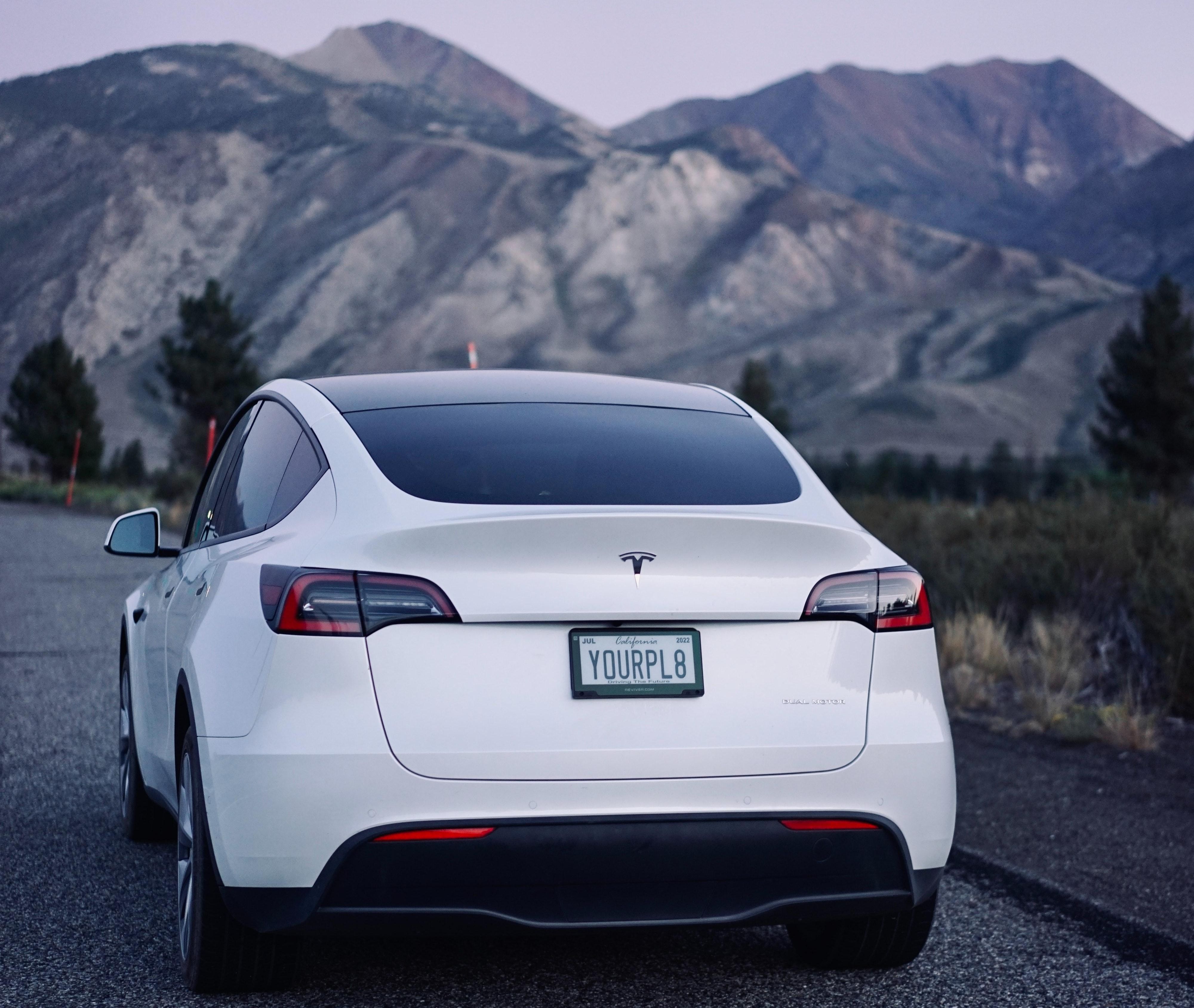

Get in the KNOW
on LA Startups & Tech
X
Image courtesy of Crypto Cannabis Club
Marijuana and the Metaverse: How LA Cannabis Startups Are Lighting Up the Virtual Realm
07:00 AM | May 17, 2022
With West Hollywood becoming a hub for cannabis consumption lounges and many Silicon Beach companies embracing virtual reality, it was only a matter of time before two of Los Angeles’ two burgeoning industries started mingling.
While many cannabis firms are still figuring out how to incorporate the metaverse and Web3 applications like NFTs, Canoga Park’s Saucey Farms & Extracts has become one of the first business to offer THC products in the metaverse as part of a dispensary in Cryptovoxels, a virtual platform build on the Ethereum blockchain. Local weed brand Califari, meanwhile, recently sold NFT artwork to support the cannabis-oriented criminal justice nonprofit The Last Prisoner Project. Then there’s groups like the Crypto Cannabis Club (CCC), an organization centered around 10,000 “NFTokers” that gives holders discounts on cannabis products and has hosted weed-themed meetups in the Decentraland metaverse.
According to Crypto Cannabis Club CEO Ryan Hunter, about 20% of the community is based in California, with the organization’s most active chapter located in Southern California. Hunter said that CCC uses different metaverses based on its needs; if the Club wants to host virtual 4/20 or 7/10 gatherings for all of its members, those would take place in Decentraland because it’s “more of a wide-open space,” while interactive gaming experience would be on The Sandbox platform, where noted weed entrepreneur Snoop Dogg has already staked a claim.
Hunter views the metaverse as a bridge between real-world cannabis enthusiasts and those who are passionate about virtual experiences.
“We’re trying to intentionally create a community of folks that are part of the cannabis community in the real world, and want to be a part of the cannabis community as it expands into the metaverse [and] these virtual communities that are developing,” he said.
In addition to cannabis ventures, artists are also exploring how the metaverse and Web3 can help them connect with new audiences. Reece Kinsbursky, art director of the The Artist Tree dispensary chain, told dot.LA that he has received interest from artists about showing their NFT artwork on the dispensary’s walls; one even explored marketing a piece for sale via a QR code that would be displayed in the dispensary. (While The Artist Tree does not currently display NFT art at its stores, Kinsbursky didn’t rule it out in the future.)
“It certainly has the capabilities to change a lot in how the ecommerce space functions,” he said of the overlap between NFTs and cannabis. “But it’s too soon to tell.”
Cannabis aside, the metaverse is blossoming into a major focus for tech companies in Los Angeles. From social media companies like Snap to entertainment giants like Disney, there are no shortage of players leveraging virtual reality to grow their businesses and expand how they interact with audiences.
Likewise, Hunter and other cannabis entrepreneurs hope that engaging with metaverse platforms can expand their brand awareness and ecommerce presence. In addition to launching a direct-to-consumer offering—featuring collectible NFTs—in partnership with delivery company CampNova, CCC is building a dispensary in Cryptovoxels to display products from partner brands. In time, Hunter wants the virtual dispensary experience to mirror the real one, complete with a cultivation space where visitors can learn about the growing process.
As for cannabis consumers who may doubt the metaverse’s potential, Hunter believes a little skepticism is healthy.“I think there’s every reason for them to be suspicious, and that’s a great way to approach it,” he said. “I’m not trying to convince anybody. We’re trying to create a community that earns its place—and hopefully we’ll find folks who are open-minded, and they’ll tell friends who are less open-minded and convince them.”
From Your Site Articles
- Snoop Dogg's Cannabis VC Firm Sparks Edible Brand - dot.LA ›
- LEUNE: a California Cannabis Company Backed by Star Power ... ›
- Payfoot and Cosmic Wire Team Up for Soccer Metaverse - dot.LA ›
Related Articles Around the Web
Pontifax AgTech's Gil Demeter on Investing in the Next Generation of Robotics and Bioscience
07:22 AM | January 15, 2021
Photo by Jan Kopřiva on Unsplash
On this week's episode of LA Venture, hear from Gil Demeter, the vice president at Pontifax AgTech. We had a great discussion about next generation robotics and bioscience. Pontifax AgTech has over $465 million in assets under management, and is one of the largest food and agtech funds in the world.
Key Takeaways
- Pontifax is a growth-stage investor in food and agriculture technology, and invests somewhere in between late-stage venture and early-stage growth.
- Typically, their investments range from $15 to $25 million in initial capital and typically twice that over the lifetime of the company.
- Gil notes that farmers are pretty sophisticated when it comes to new tech and utilize multiple pieces of software. Growers don't necessarily have the whole institution backed up to analyze it.
- Gil says labor and water are the two biggest issues for growers, distributors, and many others in the agricultural ecosystem.
- When it comes to agriculture, gene editing is huge, as is innovation around natural, usually organic solutions to spur growth in crops without having to put more inputs, chemicals or expensive seed into the process to yield a better result.
- Food tech has blown up in the last five years and intersects with interest in health tech - including food and diet.
Gil Demeter is vice president at Pontifax AgTech.
Want to hear more of L.A. Venture? Listen on Apple Podcasts, Stitcher, Spotify or wherever you get your podcasts.
From Your Site Articles
- LA Venture Podcast: Lux Capital Bets On Deep-Tech Founders ... ›
- Los Angeles Venture Capitalists on the LA Venture Podcast - dot.LA ›
- Tracy Gray And Why Exports Are The Untapped Opportunity for the US ›
- The 22 Fund's Tracy Gray on Exports Untapped Opportunity - dot.LA ›
- Westlake Village BioPartners Aims to Catalyze Biotech in LA - dot.LA ›
- Westlake Village BioPartners Aims to Catalyze Biotech in LA - dot.LA ›
Related Articles Around the Web
Read moreShow less
Minnie Ingersoll
Minnie Ingersoll is a partner at TenOneTen and host of the LA Venture podcast. Prior to TenOneTen, Minnie was the COO and co-founder of $100M+ Shift.com, an online marketplace for used cars. Minnie started her career as an early product manager at Google. Minnie studied Computer Science at Stanford and has an MBA from HBS. She recently moved back to L.A. after 20+ years in the Bay Area and is excited to be a part of the growing tech ecosystem of Southern California. In her space time, Minnie surfs baby waves and raises baby people.
Here's How To Get a Digital License Plate In California
03:49 PM | October 14, 2022
Photo by Clayton Cardinalli on Unsplash
Thanks to a new bill passed on October 5, California drivers now have the choice to chuck their traditional metal license plates and replace them with digital ones.
The plates are referred to as “Rplate” and were developed by Sacramento-based Reviver. A news release on Reviver’s website that accompanied the bill’s passage states that there are “two device options enabling vehicle owners to connect their vehicle with a suite of services including in-app registration renewal, visual personalization, vehicle location services and security features such as easily reporting a vehicle as stolen.”
Reviver Auto Current and Future CapabilitiesFrom Youtube
There are wired (connected to and powered by a vehicle’s electrical system) and battery-powered options, and drivers can choose to pay for their plates monthly or annually. Four-year agreements for battery-powered plates begin at $19.95 a month or $215.40 yearly. Commercial vehicles will pay $275.40 each year for wired plates. A two-year agreement for wired plates costs $24.95 per month. Drivers can choose to install their plates, but on its website, Reviver offers professional installation for $150.
A pilot digital plate program was launched in 2018, and according to the Los Angeles Times, there were 175,000 participants. The new bill ensures all 27 million California drivers can elect to get a digital plate of their own.
California is the third state after Arizona and Michigan to offer digital plates to all drivers, while Texas currently only provides the digital option for commercial vehicles. In July 2022, Deseret News reported that Colorado might also offer the option. They have several advantages over the classic metal plates as well—as the L.A. Times notes, digital plates will streamline registration renewals and reduce time spent at the DMV. They also have light and dark modes, according to Reviver’s website. Thanks to an accompanying app, they act as additional vehicle security, alerting drivers to unexpected vehicle movements and providing a method to report stolen vehicles.
As part of the new digital plate program, Reviver touts its products’ connectivity, stating that in addition to Bluetooth capabilities, digital plates have “national 5G network connectivity and stability.” But don’t worry—the same plates purportedly protect owner privacy with cloud support and encrypted software updates.
5 Reasons to avoid the digital license plate | Ride TechFrom Youtube
After the Rplate pilot program was announced four years ago, some raised questions about just how good an idea digital plates might be. Reviver and others who support switching to digital emphasize personalization, efficient DMV operations and connectivity. However, a 2018 post published by Sophos’s Naked Security blog pointed out that “the plates could be as susceptible to hacking as other wireless and IoT technologies,” noting that everyday “objects – things like kettles, TVs, and baby monitors – are getting connected to the internet with elementary security flaws still in place.”
To that end, a May 2018 syndicated New York Times news service article about digital plates quoted the Electronic Frontier Foundation (EFF), which warned that such a device could be a “‘honeypot of data,’ recording the drivers’ trips to the grocery store, or to a protest, or to an abortion clinic.”
For now, Rplates are another option in addition to old-fashioned metal, and many are likely to opt out due to cost alone. If you decide to go the digital route, however, it helps if you know what you could be getting yourself into.
From Your Site Articles
- 8 Alternatives to Uber and Lyft in California - dot.LA ›
- Automotus Will Monitor Santa Monica's New Drop-Off Zone - dot.LA ›
- Metropolis CEO Alex Israel on Parking's Future - dot.LA ›
Related Articles Around the Web
Read moreShow less
Steve Huff
Steve Huff is an Editor and Reporter at dot.LA. Steve was previously managing editor for The Metaverse Post and before that deputy digital editor for Maxim magazine. He has written for Inside Hook, Observer and New York Mag. Steve is the author of two official tie-ins books for AMC’s hit “Breaking Bad” prequel, “Better Call Saul.” He’s also a classically-trained tenor and has performed with opera companies and orchestras all over the Eastern U.S. He lives in the greater Boston metro area with his wife, educator Dr. Dana Huff.
steve@dot.la
RELATEDTRENDING
LA TECH JOBS


